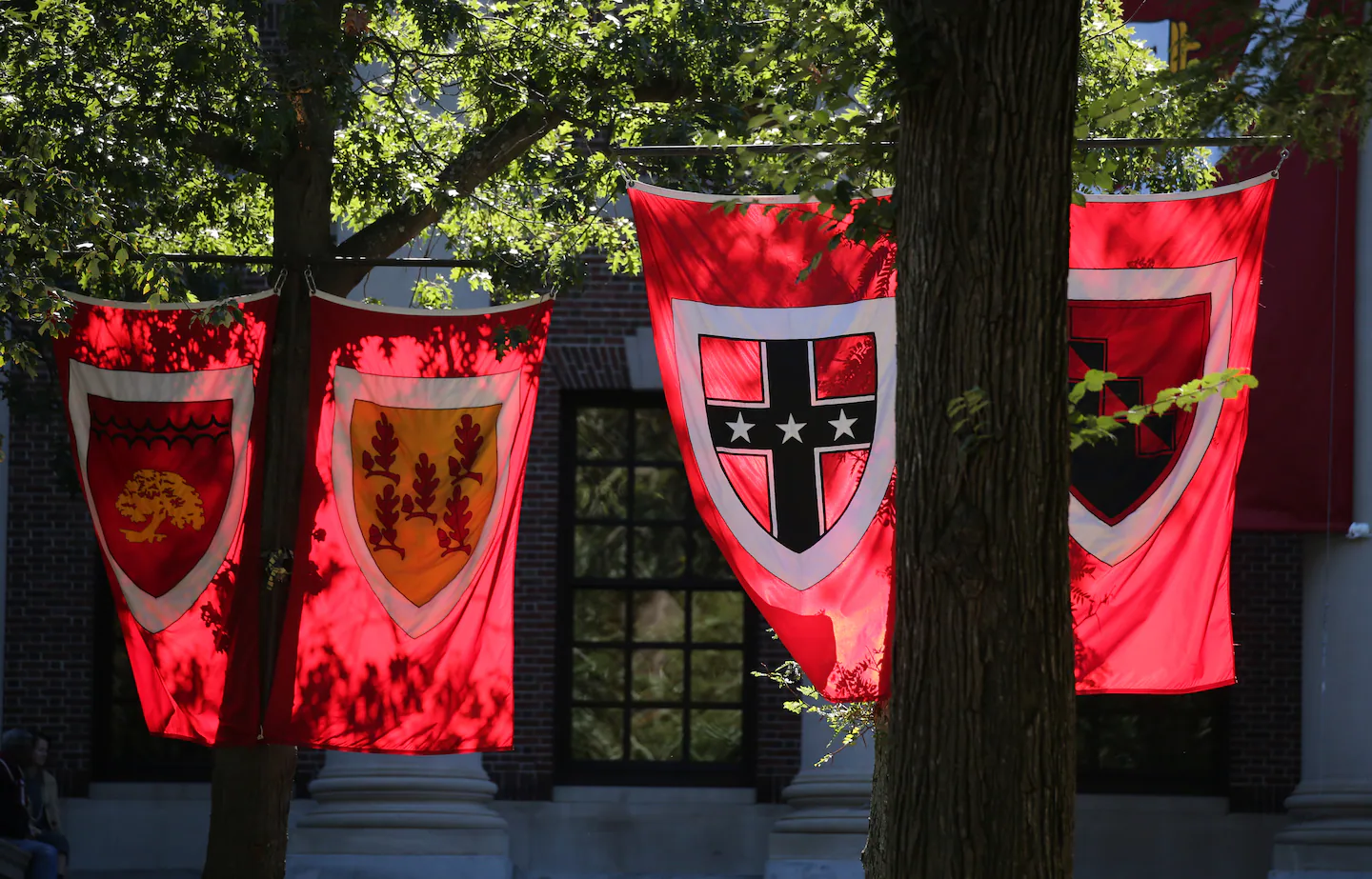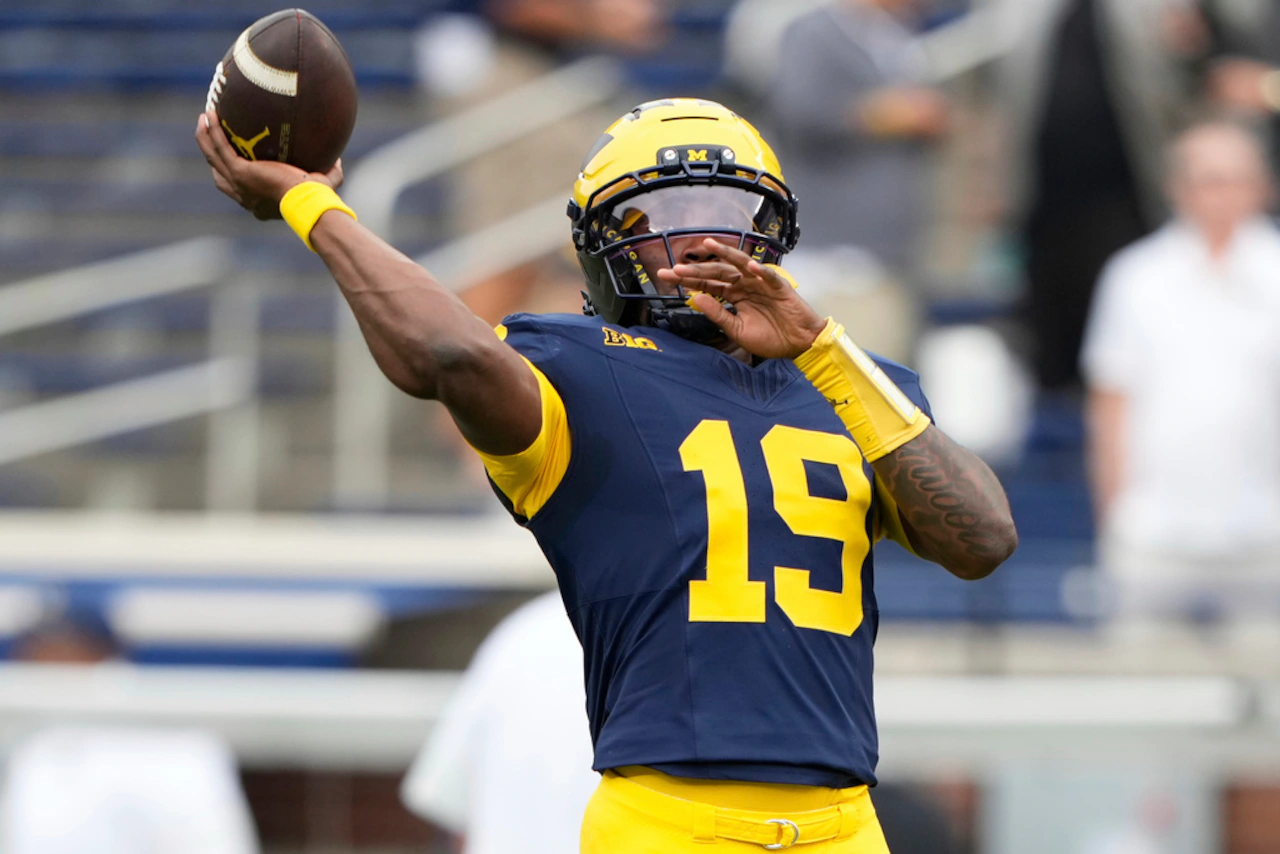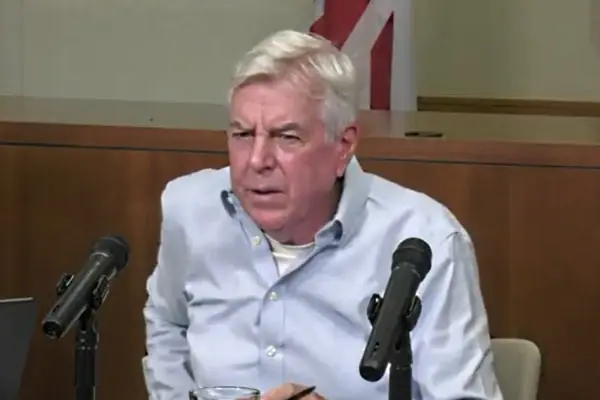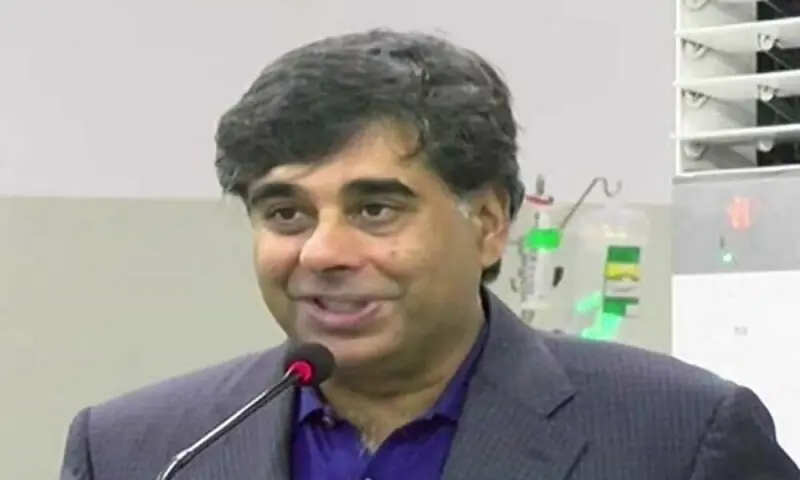
But one change that could be a nonstarter? The implementation of an independent monitor that could oversee whether Harvard is complying with any agreement it may reach with the government.
The Trump administration, in its negotiations with Harvard to restore its federal funding and resolve a host of other investigations, has argued it needs some way to enforce any changes agreed upon by the two parties. Supporters of Harvard resisting the federal government, meanwhile, say they worry any kind of monitor, even one outside the government, could open the door to further investigations and possibly undermine the university’s independence.
“An independent monitor represents not just compliance oversight, but a politically-charged intrusion that undermines universities’ core commitments to academic freedom, shared governance, and institutional autonomy,” said Lynn Pasquerella, president of the Association of American Colleges and Universities.
A monitor, Harvard backers worry, could allow the government to demand more if they determine the school isn’t meeting arbitrary requirements or should be doing more — and also further drain the school’s resources if they pay for their own monitoring.
The issue was raised when Columbia University, in its own deal with the federal government, agreed to have the head of a compliance firm oversee an assortment of changes to areas such as its disciplinary processes. That monitor will also review data pertaining to admissions and hiring requested by the Trump administration.
The Trump administration, however, did not require Brown University or the University of Pennsylvania to implement third-party monitors in deals those colleges struck with the federal government in July.
Earlier in Harvard’s conversations with the White House, a source familiar with the negotiations demurred on whether the White House was insisting on an independent monitor, but emphasized the Trump administration was committed to securing “serious and effective enforcement measures.”
Secretary of Education Linda McMahon had said, in announcing Columbia’s deal, the Trump administration saw the agreement as a “roadmap for elite universities” it has investigated for allegedly allowing antisemitism or racial discrimination.
Talks have stalled between the federal government and Harvard in recent weeks, and the stalemate has continued since a Boston judge ruled earlier this month the Trump administration must restore the school’s frozen federal funding. A spokesperson for Harvard declined to comment.
The federal government has monitored reforms at colleges and universities before. In 2015, for instance, the Department of Education began monitoring Michigan State University after finding in 2014 the school had mishandled sexual assault and gender discrimination cases.
Larry Ladd, a former Harvard budget chief now with the Association of Governing Boards of Universities and Colleges, said external monitors are not typically used in higher education to oversee areas such as hiring, admissions, and curriculum decisions.
Independent accrediting agencies do consider such topics, along with college finances, but their reviews happen only once every few years.
Ladd said an independent monitor, for a university, could “compromise their independence as a free-standing university.” But he added each school needs to consider its own circumstances.
Not all, however, are entirely opposed to a monitor if it means resolving Harvard’s dispute with the government sooner.
Allison Wu, cofounder of the 1636 Forum, a group of Harvard alumni that has praised the reforms Harvard has made thus far, said the government will likely attempt to oversee Harvard’s progress under any deal — potentially through civil rights enforcement — regardless of whether there’s a dedicated monitor in place.
The goal, in her eyes, should be “preventing sudden escalations that create whiplash for students and faculty.”
“If a mutually agreed-upon third-party monitor could build trust by providing independent assurance that both Harvard and the government are meeting any agreement … it could make sense for Harvard to consider this option to sustain a stable environment for learning and research,” Wu said.
Claire Shipman, Columbia’s interim president, described the deal when it was announced as a “carefully crafted agreement that protects our institution and our values.” She insisted that the deal “safeguards our independence” and Columbia “retains control over its academic and operational decisions.”
The monitor established by Columbia and the Trump administration is Bart M. Schwartz, the founder and chairman of Guidepost Solutions, a firm that specializes in areas such as monitoring and compliance and has previously supported Jewish organizations. Schwartz has served as a monitor in the past overseeing groups such as the New York City Housing Authority.
Schwartz, according to Columbia’s deal with the government, is tasked with providing reports to the government on a host of data requests and policy changes Columbia agreed to.
He is responsible for ensuring Columbia’s programs “do not promote unlawful DEI goals” and reviewing campus disciplinary processes. He will also review Columbia’s data for accepted and rejected students “broken down by race, color, grade-point average, and performance on standardized tests,” as well as data for faculty hiring and promotion.
Jeffrey Flier, former dean of Harvard Medical School who helps lead the school’s Council on Academic Freedom and has long advocated for Harvard to reform, said the school’s leadership should ensure whatever changes it agrees to are things Harvard is “doing because they think it is right.”
While Flier said he believes Harvard should adopt measures to improve its transparency, he worried a monitor agreed upon with the government could “be utilized to create excessive ongoing, wrong-headed demands that will never go away.”



